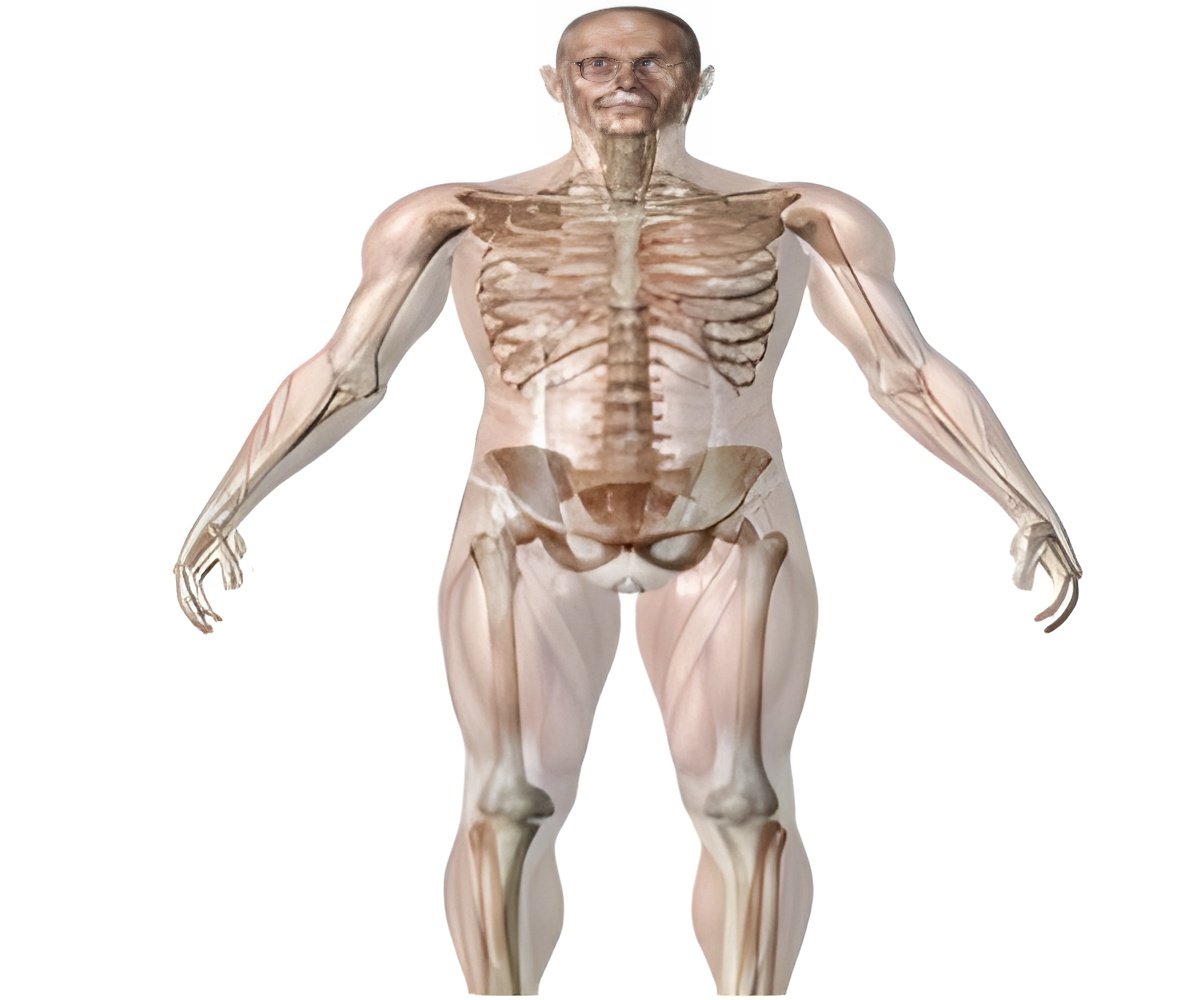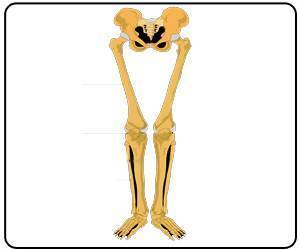Till now, no one understood why bones grow on injured muscles.

They found that a neuropeptide in the brain called 'Substance P', or SP, appears to trigger the formation of the extraskeletal bone, reports the Discovery News.
People may experience heterotopic ossification after recovering from injury or may have it from birth.
Though there is no way to prevent or know when a person will develop the condition, scientists now have a starting point to develop drugs that could help treat the problem.
Approximately 1 person out of every 2 million people worldwide is born with a permanent type of the condition called fibrodysplasia ossificans progressiva (FOP), which causes muscles to consistently produce bone, especially when a person is injured or sick.
The researchers found high levels of SP, in both FOP patients and individuals who developed heterotopic ossification.
Advertisement
In other experiments, they discovered that 'knocking' out the gene that produces SP in transgenic mice lowered their chances of acquiring the condition.
Advertisement
Source-ANI












